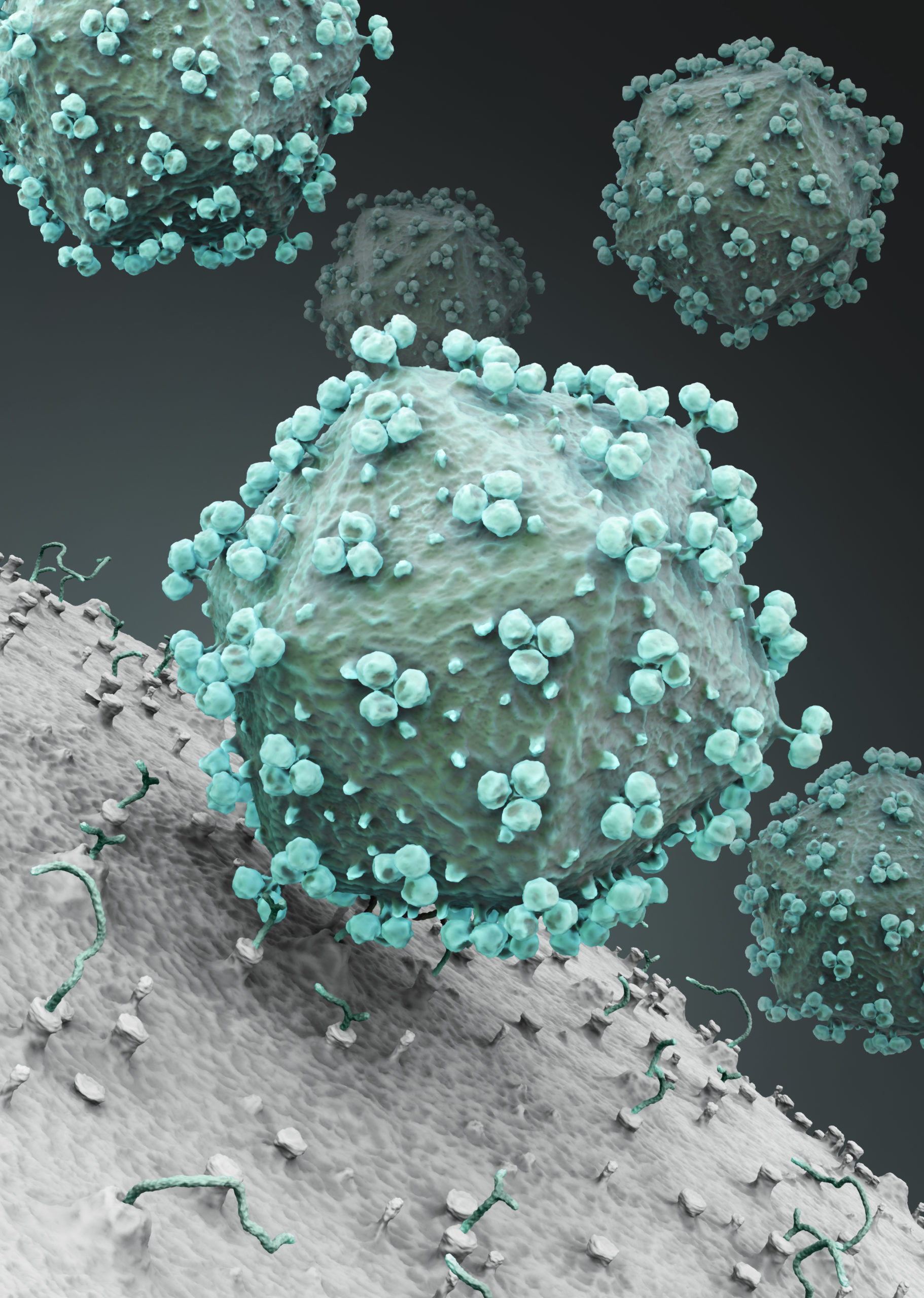
A study used a novel combination approach to increase understanding of the negative effect the HIV drug efavirenz has on the brain. The findings were published in ACS Pharmacology & Translational Science.
Efavirenz is known to cause neuropsychiatric disorders and neurocognitive impairment in approximately half of patients. The drug is associated with abnormal lipid levels in blood plasma, but the molecular mechanisms responsible for negative clinical observations are unknown.
Previously, investigators were forced to grind tissue samples into a homogeneous slurry prior to analysis. In this study, the mass spectrometry method Phulara and Seneviratne used to image the samples maintains their integrity, and therefore retains spatial information, the researchers noted.
The findings show that efavirenz downregulates certain enzymes, which may be responsible for the drug’s negative neuropsychiatric effects. If proven so, the researchers further noted, new drugs could block the negative activity of Efavirenz while allowing its positive effects to continue.
“The overall goal is, ‘How can we target the lipid metabolism in order to minimize the side effects associated with this drug?’” said Herana Kamal Seneviratne, a UMBC bioanalytical chemist and senior author on the new paper via a press release.
“We want to know the earliest molecular signatures of the damage. We think lipid metabolism will give us early molecular markers,” Seneviratne said, “The approaches that we developed in this study could be broadly applicable to kidney toxicities or cardio toxicities or any toxicities, and neurodegenerative diseases as well.”







 © 2025 Mashup Media, LLC, a Formedics Property. All Rights Reserved.
© 2025 Mashup Media, LLC, a Formedics Property. All Rights Reserved.